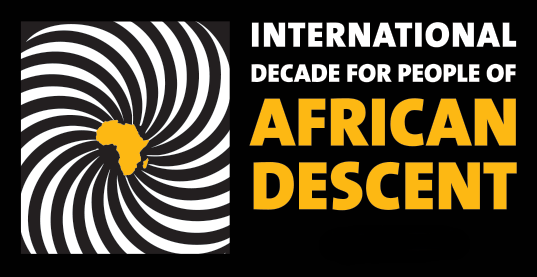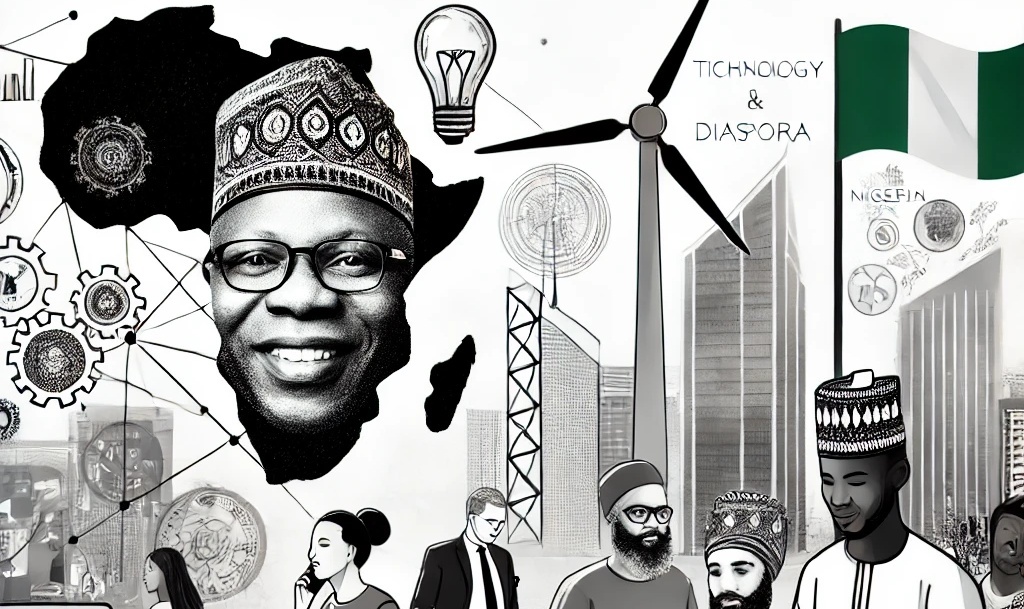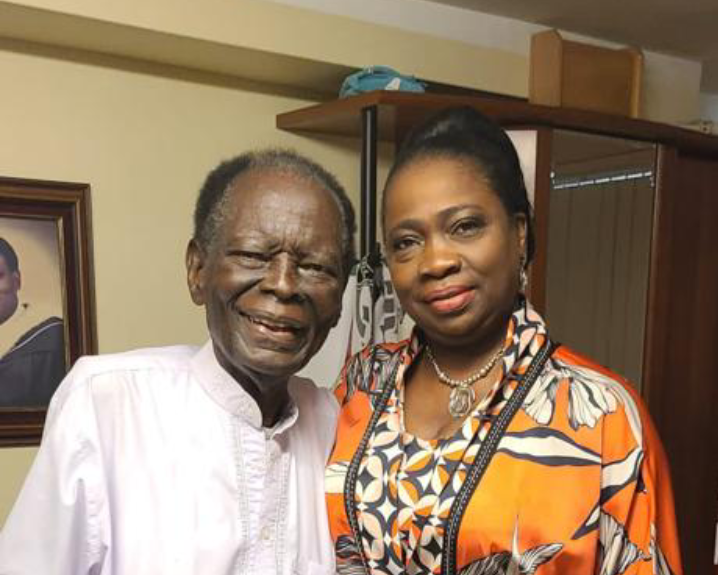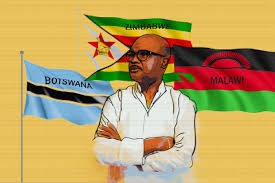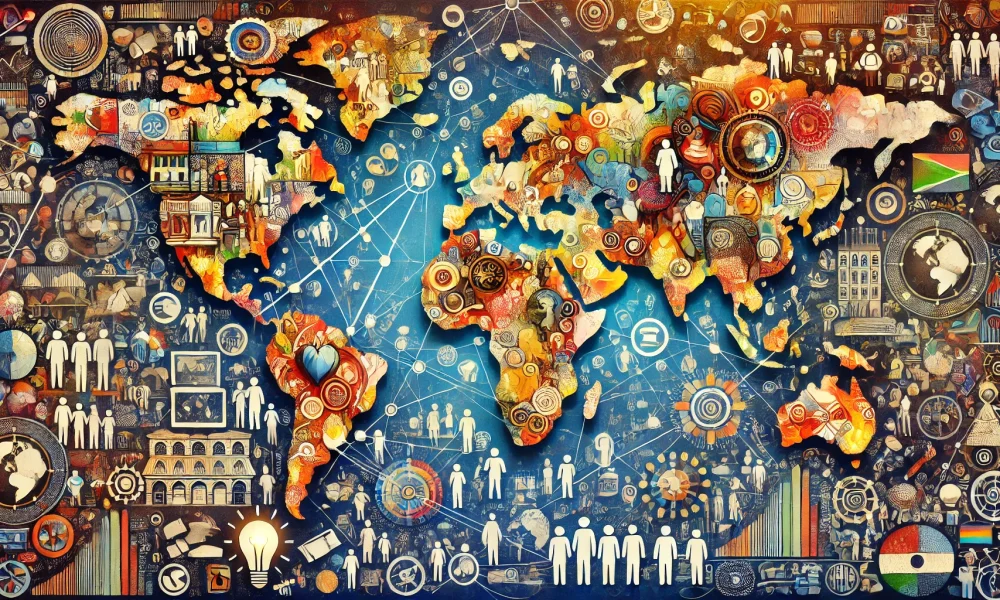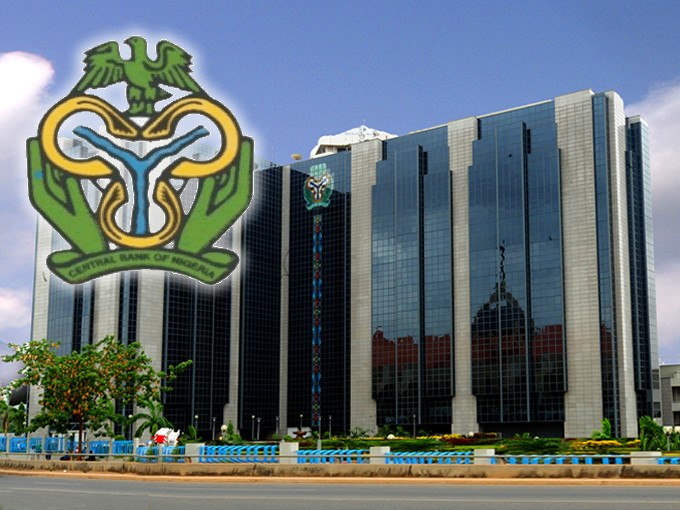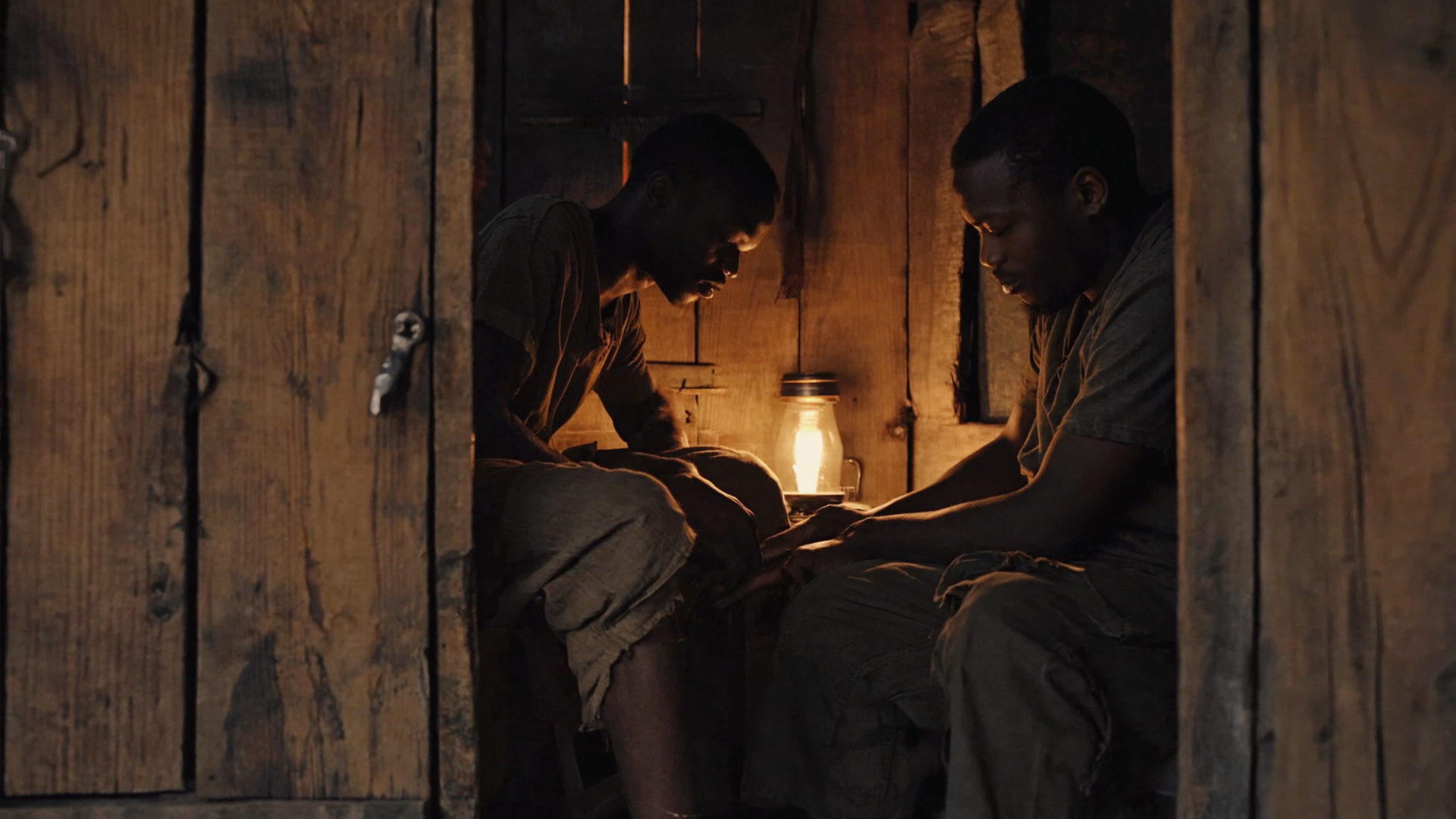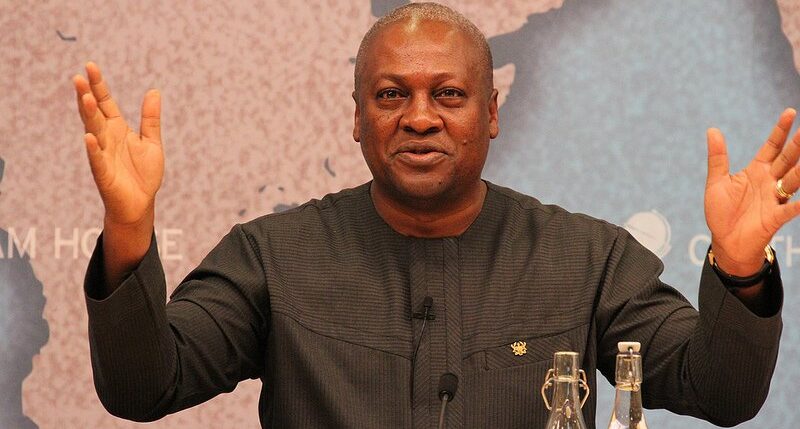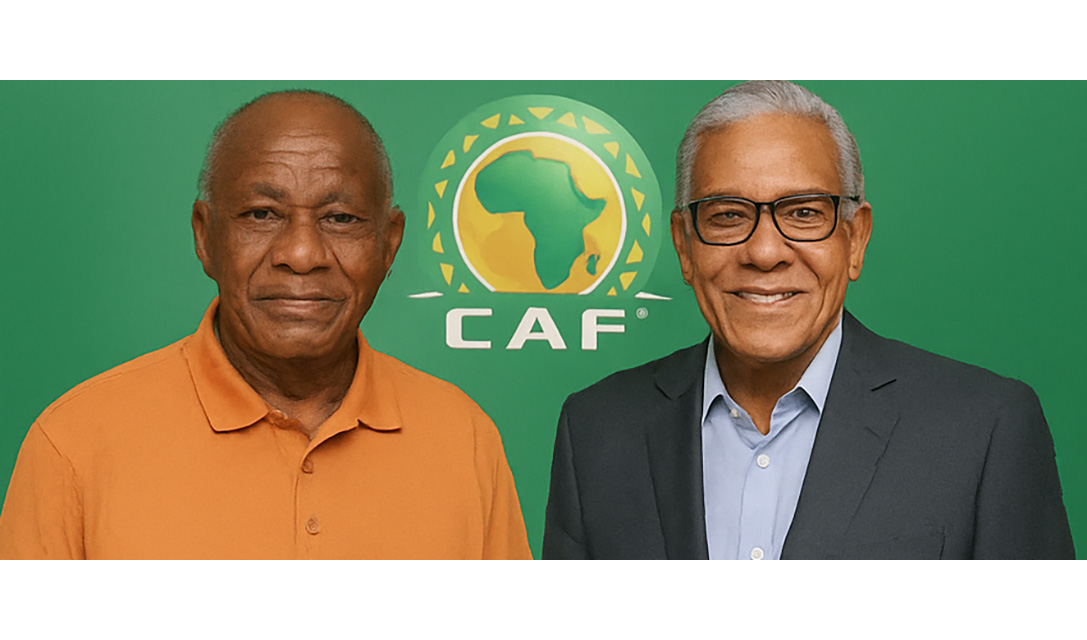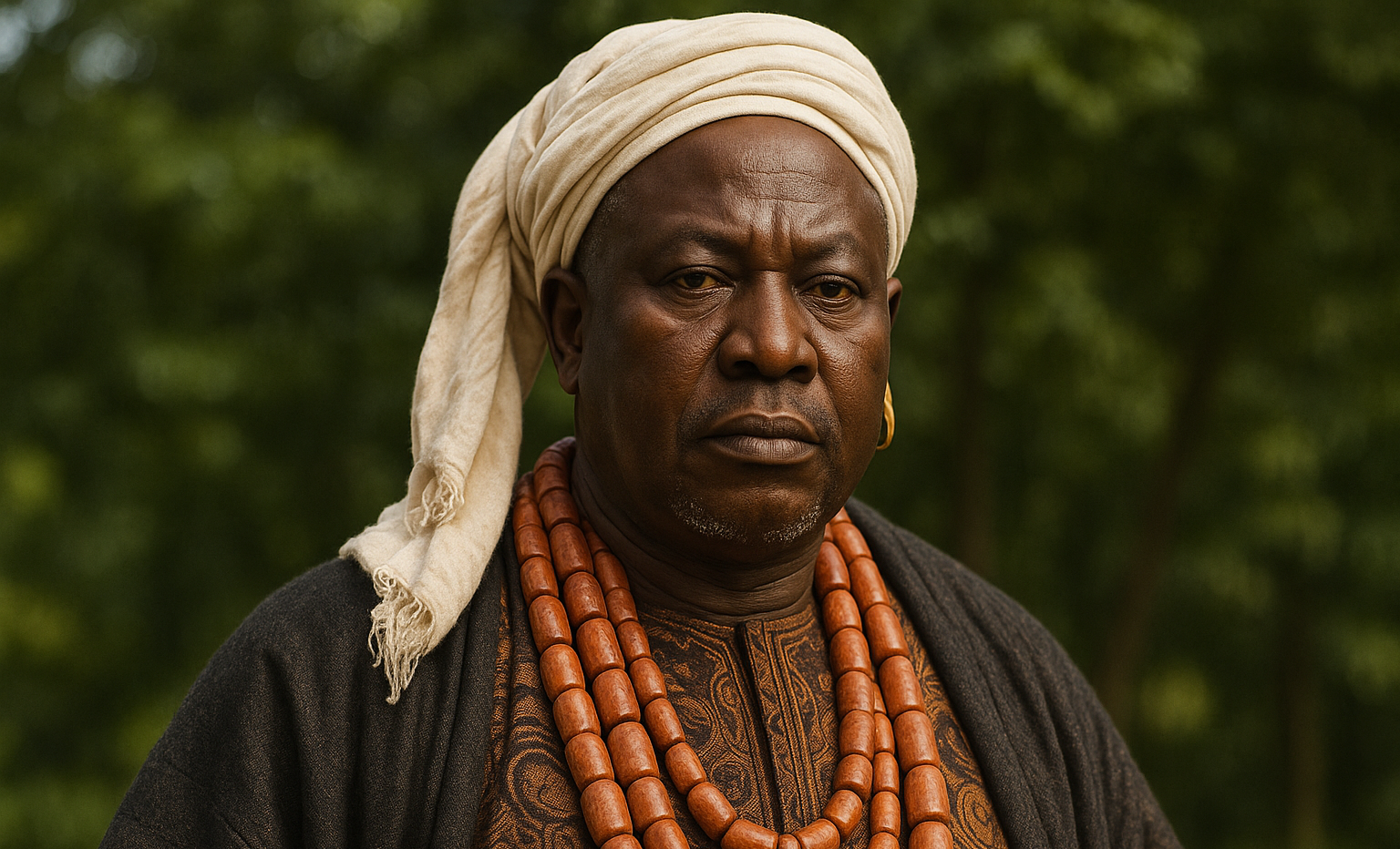In an increasingly interconnected world, the concept of national identity is being challenged, particularly within the African context. The case of Chidimma Adetshina, Nigeria’s representative in the 2024 Miss Universe pageant, highlights the complexities of identity, nationalism, and intra-African relations.
Challenges of Identity in a Globalized Society
Chidimma Adetshina’s journey reflects the paradox of identity in a globalized society. Despite the digital age seemingly erasing borders, her candidacy faced significant challenges rooted in nationalistic sentiments. The rejection of her participation in Miss South Africa due to her Nigerian heritage underscores the fragility of African unity and the competition between Nigeria and South Africa for leadership in various spheres.
Adetshina’s experience serves as a microcosm of broader issues facing African unity. The rejection she faced in South Africa illustrates the ongoing tensions and rivalries that complicate the notion of a united Africa. This situation raises important questions about the authenticity of African unity, particularly when national interests often take precedence over collective identity.
Redefining Intra-Africanism
The Miss Universe Nigeria queen’s experience emphasizes the need for a redefined understanding of intra-Africanism. Her return to Nigeria after withdrawing from the Miss South Africa competition symbolizes a call for greater freedom of movement and acceptance among African nations. Intra-Africanism must evolve to embrace the diverse identities within the continent, fostering a sense of belonging that transcends national borders.
The xenophobic backlash Adetshina faced highlights the complexities of national identity in South Africa. While South Africans may not be entirely to blame for their sentiments, the rise of xenophobia as a means of securing national interests poses significant challenges to African unity. This phenomenon necessitates a critical examination of how national identities are constructed and the implications for intra-African relations.
Embracing Diversity in African Identity
Adetshina’s diverse heritage—being born in Soweto to a Nigerian father and a Mozambican mother—serves as both a strength and a point of contention. Her unique background positions her as a symbol of the African diaspora, illustrating the richness that comes from embracing multifaceted identities. This diversity should be celebrated as a vital component of African identity, reinforcing the idea that unity can emerge from differences.
Chidimma Adetshina’s eventual win of the Miss Universe Nigeria crown may have provided some solace, but it also underscores the complexities of identity, nationalism, and intra-African relations. Her experiences challenge conventional notions of nationality and heritage, advocating for a more inclusive understanding of African identity. As she prepares to represent Nigeria on the global stage, her story serves as a powerful reminder of the resilience and beauty of African women, as well as the potential for unity in diversity.
Chidimma Adetshina’s journey reveals the challenges and opportunities inherent in the concept of intra-Africanism. By embracing diverse identities and fostering greater acceptance across borders, Africa can move towards a more unified and inclusive future. Her story calls for a reevaluation of how African unity is defined, emphasizing that true unity must encompass the richness of diverse backgrounds and experiences.




